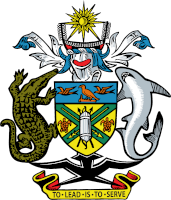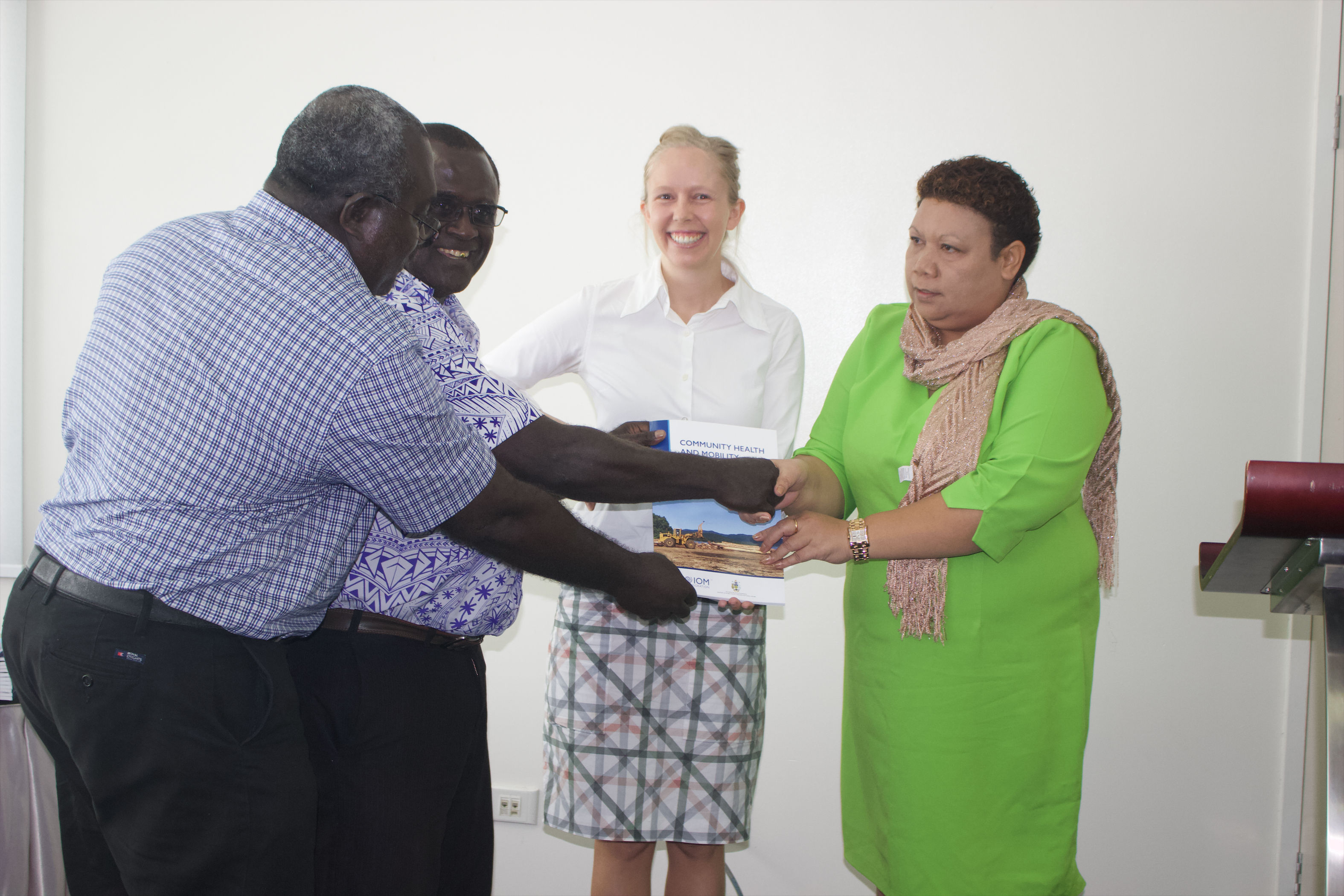Minister for Ministry of Women, Youth, Children and Family Affairs Freda Belinda Adeline Tuki, has launched a research report “Community Health and Mobility in the Pacific: Solomon Islands Case study,” on 16th May in Honiara.
The research, commissioned by the Ministry and the International Organization for Migration (IOM), examines how logging operations and related mobility dynamics, combined with pre-existing localized factors, creates particular risks for women and girls in relation to human trafficking, sexual exploitation and forced marriage.
These dynamics, combined with limited industry accountability and few formal protective policies, as well as restricted access to service provision and protective services in parts of the Solomon Islands, leads to an environment where the drivers of vulnerability can go unchecked.
Minister Tuki says the report and its recommendations will be used to inform policies and programmes that will be implemented to improve the situation for women and children in this country, particularly those impacted negatively by logging operations.
“MWYCFA will work with all stakeholders, communities, chiefs, representatives of organizations supporting women and girls, and the whole Government of Solomon Islands, to respond to the findings of this report.
“One finding of the report shows that community members are still reluctant to report forms of gender-based violence such as forced marriage and human trafficking to the police.”
Minister Tuki says a key area for partnership can be working together to address potential barriers to reporting these crimes.
The report was funded as part of a USD 300,000 regional project supported by the IOM Development Fund. The report can be downloaded at: https://publications.iom.int/just-released or at pdf Community Health and Mobility in the Pacific (2.76 MB) .
IOM is also implementing a related project to increase community awareness of human trafficking and gender-based violence in Solomon Islands through a EUR 600,000 project: “Protecting the Rights of Women and Children, Particularly Girls, in Migration-Affected Communities.” The project, which has a particular focus on communities affected by logging and extractive industries, is supported by the European Union and co-funded by the IOM Development Fund.
The launch was attended by representatives of government including MFAET, MCILI, MEHRD, PMOC, and MPGIS, civil society and development partners including country representatives for WHO, UNICEF, FAO, UNFPA, and UN Women as well as representatives from Save the Children, Asian Development Bank, Oxfam, World Bank, the Japan Embassy and the US Consul, JICA, and Family Support Centre.

